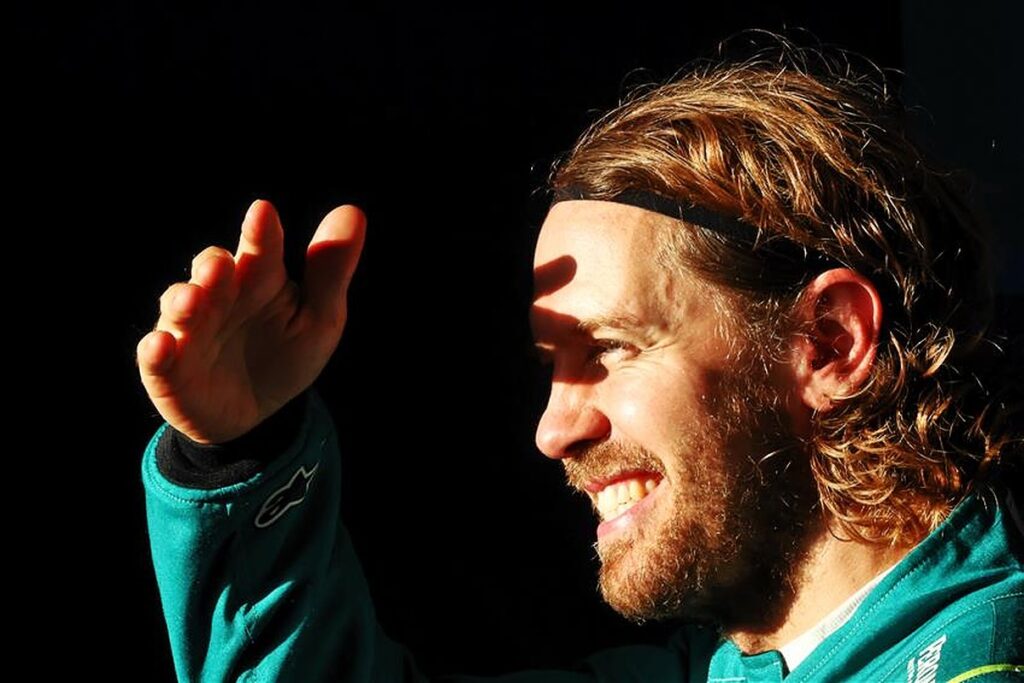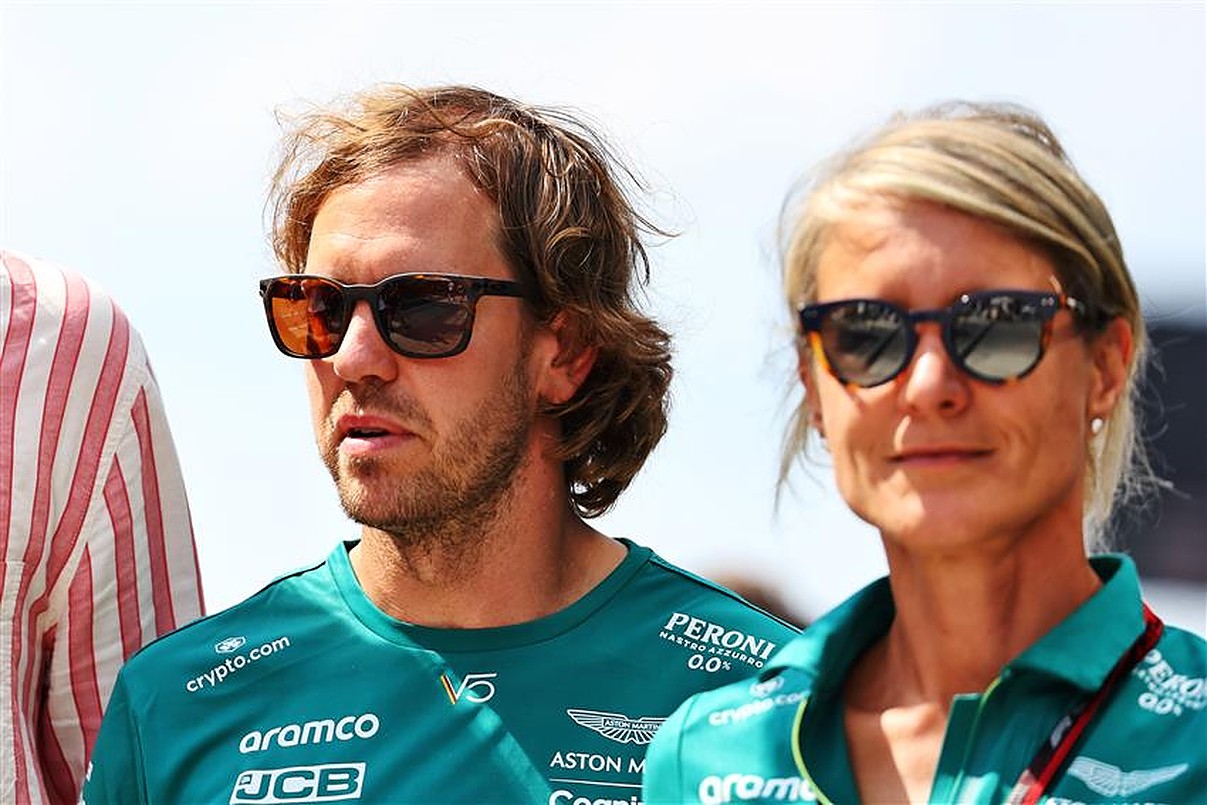Sebastian Vettel’s 16-year career in the pinnacle of motorsport is one that will be remembered for multiple reasons; firstly, as an imperious winner, and secondly, as a truly remarkable human being.
There is no doubting that the 35-year-old will be considered as one of the greatest Formula 1 drivers of all-time, after claiming 53 victories and, of course, four World Drivers’ Championships.
He reigned supreme for four consecutive seasons, with nobody having managed to dethrone the mighty German from 2010-2013.
It took a whole new era of car to defeat Vettel and Red Bull, with the birth of the hybrid era having marked the end of his domination.

READ: Alex Albon makes admission about Daniel Ricciardo’s McLaren sacking
The way his superiority suddenly ended is somewhat similar to how Mercedes’ dominant time at the front came to a sudden end in 2022, as a result of the new aerodynamic regulations.
Despite this, he was an incredible driver to watch at all the outfits he raced for, even though, his last two years in the sport were perhaps underwhelming for the German.
His attention in the last few years of his F1 career was clearly split between racing and his movement towards becoming an activist, with Vettel having had a keen eye for environmental and climate change.
As well as this, the four-time World Champion was a keen supporter of the LGBTQ community, and regularly used his voice in places like the Middle East to gain support for the community.
He was a person like no other, who understood the power he had as an F1 driver and more importantly, the good that could be done by using the platform he had.
Vettel famously appeared on the BBC debate show ‘Question Time’ prior to the Spanish Grand Prix, where he discussed climate change and how Formula 1 does need to do more to support the planet.
Whilst on the show he was often referred to as a ‘hypocrite’, something he admitted he was, given that he was talking about climate change whilst racing in a championship that does more bad than good for the environment.
READ: Formula E teams push back against F1-style rule
The impact the sport was having on the world appeared to create an inner “conflict” for the talented driver, who seemingly felt like he had to choose between doing what he loves or saving the planet.
“Seeing the world changing, I think I have a sort of conflict inside and I think the world needs to change, we [F1] need to change and wanting to be a bit more part of, I don’t want to say the solution, but maybe a little bit less of the problem,” the German told Channel 4.
“That sounds quite bad, but I don’t mean it in a really bad way. Just a lot of thoughts in my head.”

